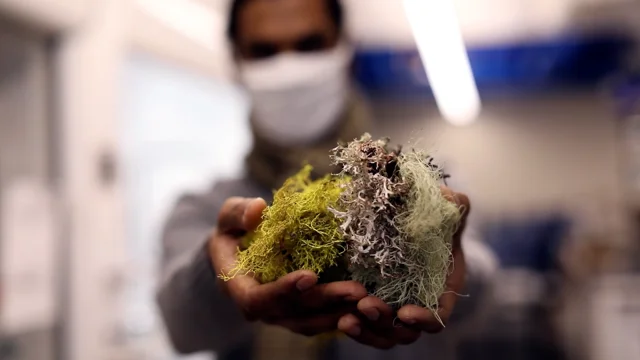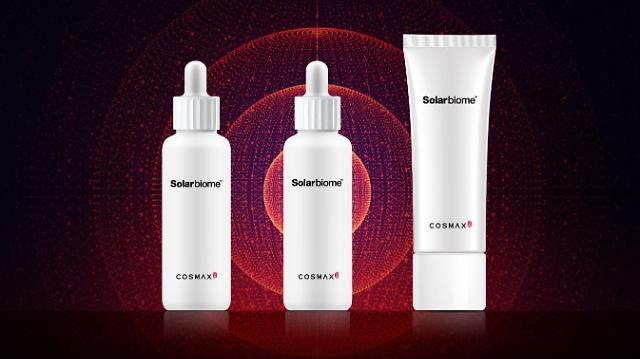
NASA Discovered 'Immortal' Bacteria, Put It in Sunscreen.
Share
Unexpected Discovery in a Cleanroom
Imagine this: scientists at NASA, known for exploring distant galaxies, stumble upon a fascinating microorganism here on Earth. That's exactly what happened when Kasthuri Venkateswaran, a decontamination expert at NASA, encountered a resilient bacteria called Bacillus pumilus while cleaning a spacecraft bound for Mars.
Superbug with Superpowers: Bacillus pumilus defied the odds. Standard cleaning procedures using ultraviolet light and peroxide couldn't faze it. Intrigued by its tenacity, researchers sent a sample to the International Space Station, where it spent a remarkable 18 months exposed to the harsh environment of space, with many of its spores surviving cosmic radiation.
A Twist of Fate: From Space to Skincare
This discovery lay dormant for years, but its potential wouldn't go unnoticed. Enter Kyle Landry, a scientist with expertise in extremophiles – organisms that thrive in extreme conditions. Landry's research on extremophiles caught the attention of geneticist David Sinclair, who saw potential in understanding how these resilient creatures could slow ageing.
A Chance Encounter with NASA's Treasure Trove
Landry's work with Liberty Biosecurity, a company co-founded by Sinclair, led him to collaborate with NASA. The space agency had a treasure trove of extremophiles collected while meticulously cleaning spacecraft to prevent contamination of other worlds. Bacillus pumilus, discovered by Venkateswaran, became part of this collection.
Unveiling the Power of Extremophiles
NASA's strict sterilisation protocols to protect celestial bodies revealed a wealth of microbes that could withstand extreme temperatures, nutrient scarcity, and dehydration. These "dead bug bodies" served a crucial purpose – helping scientists distinguish Earthly hitchhikers from potential Martian life forms.
Beyond Cleaning, a New Frontier: Sunscreen Innovation

While NASA strives for flawless sterilisation, complete decontamination remains elusive. Ironically, this very challenge presented an opportunity. The UV-resistant properties of Bacillus pumilus caught the eye of a Massachusetts-based company. They saw potential in harnessing this bacterium's resilience to create a new ingredient for sunscreen, offering enhanced protection against harmful UV rays.
The Unexpected Journey: From Space Exploration to Everyday Life
This unlikely story exemplifies the fascinating possibilities that can emerge from scientific exploration. A tenacious bacteria encountered in a NASA cleanroom has embarked on a remarkable journey, potentially transforming the world of skincare with its ability to shield us from the sun's harmful rays. It's a testament to the interconnectedness of scientific research and the unforeseen applications that can arise from seemingly unrelated discoveries.
You’ve come this far…
Why not venture a little further into A.S.S. - our exclusive Australian Space Society.
And keep thrusting Australia into the deep unknown…
#Space_Aus





